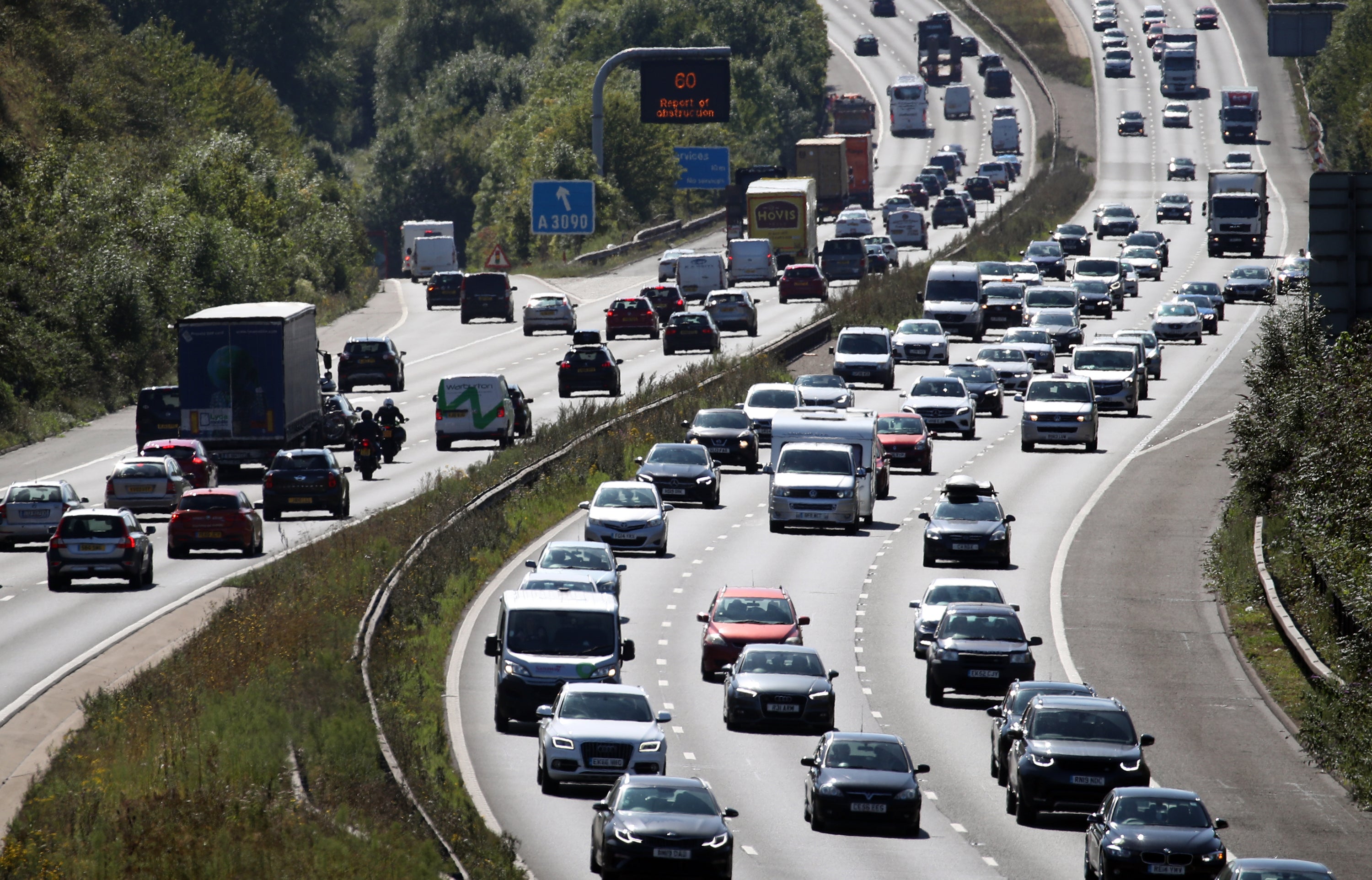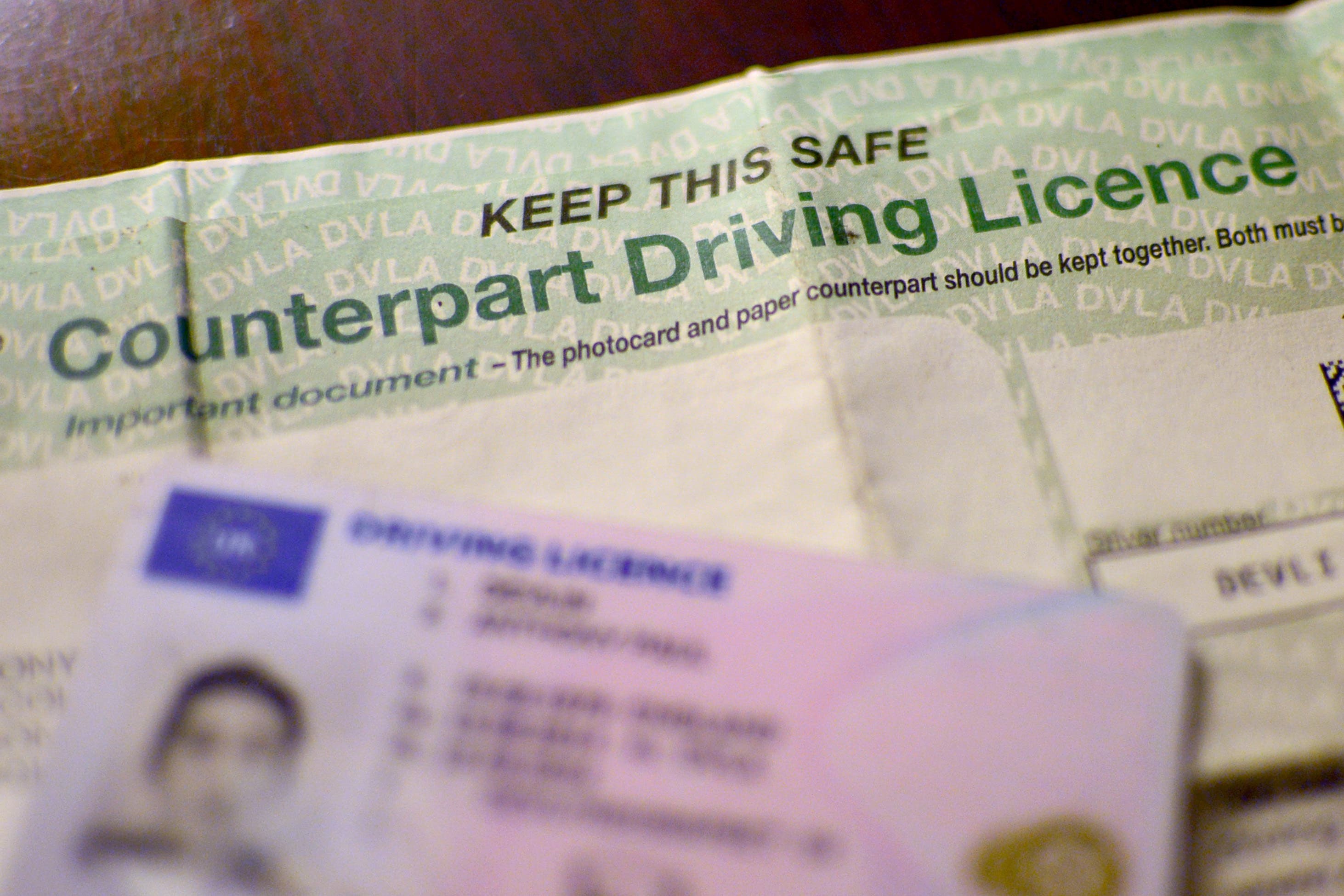Calls for driving licence change as drivers left on road with 30 or more points
A 26-year-old man with a valid licence has 176 penalty points

Your support helps us to tell the story
From reproductive rights to climate change to Big Tech, The Independent is on the ground when the story is developing. Whether it's investigating the financials of Elon Musk's pro-Trump PAC or producing our latest documentary, 'The A Word', which shines a light on the American women fighting for reproductive rights, we know how important it is to parse out the facts from the messaging.
At such a critical moment in US history, we need reporters on the ground. Your donation allows us to keep sending journalists to speak to both sides of the story.
The Independent is trusted by Americans across the entire political spectrum. And unlike many other quality news outlets, we choose not to lock Americans out of our reporting and analysis with paywalls. We believe quality journalism should be available to everyone, paid for by those who can afford it.
Your support makes all the difference.More than 50 people in Britain hold driving licences despite racking up at least 30 points, according to new data.
The results have sparked calls for repeat offenders to undertake mandatory retraining.
Three men have more than 100 points, including a 26-year-old with 176, according to analysis of official figures.
The woman with the most points is a 50-year-old with 96.
Some 53 people have at least 30 points.
Points are issued following convictions for road offences, such as driving without due care and attention (three to nine points), drink-driving (three to 11 points), and speeding (three to six points).
Under the totting-up process, drivers are usually banned for six months if they receive 12 or more points within a three-year period, unless they convince a court this would result in exceptional hardship, which could relate to their ability to work or care for their family.
A total of 10,056 drivers hold a valid licence despite having at least 12 points.

Nicholas Lyes, director of policy and standards at road safety charity IAM RoadSmart, said: “These shocking statistics call into question whether the definition of exceptional hardship needs reviewing.
“Any driver that is on the cusp of a ban would normally take heed of the risk of losing their licence, but it seems that a minority continue to break the law without any consideration.
“At the very least, those that accrue 12 or more points on their licence should be required to take an additional training course, even if they are allowed to keep their licence because a court has deemed that losing it would cause exceptional hardship.”
Points remain on licences for up to 11 years after an offence is committed.
The Driver and Vehicle Licensing Agency (DVLA) figures, which are a snapshot from September 14, do not show how many motorists avoided a ban despite reaching the 12-point mark.
Steve Gooding, director of motoring research charity the RAC Foundation, said: “It would be reassuring to know that someone in authority was monitoring both the absolute number of licence holders swerving a ban and the reasons why they’ve been granted leave to keep driving.
“A bit more transparency in the system might ensure the right balance is being struck between personal mobility and our collective safety. It could also improve public confidence in justice.
“Exceptional hardship needs to be truly exceptional.”
The DVLA records information provided by courts, and has no influence on sentences.
The agency said where the threshold of 12 points is met but a disqualification is not imposed, it contacts the relevant court to check that was the intention.